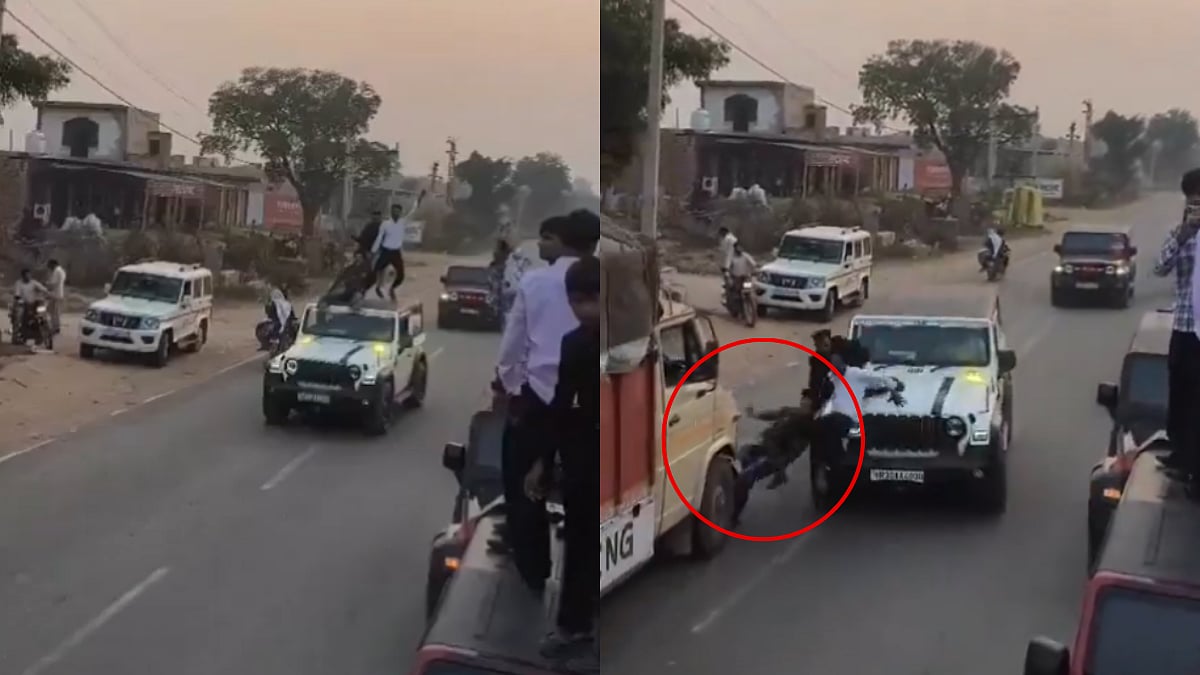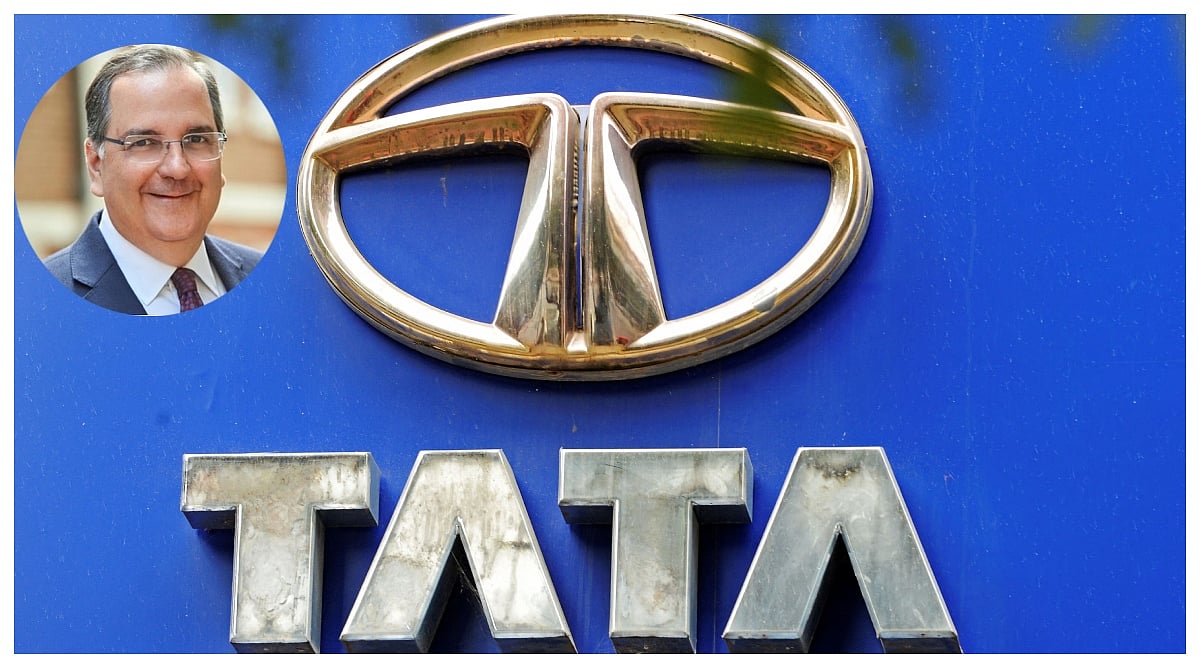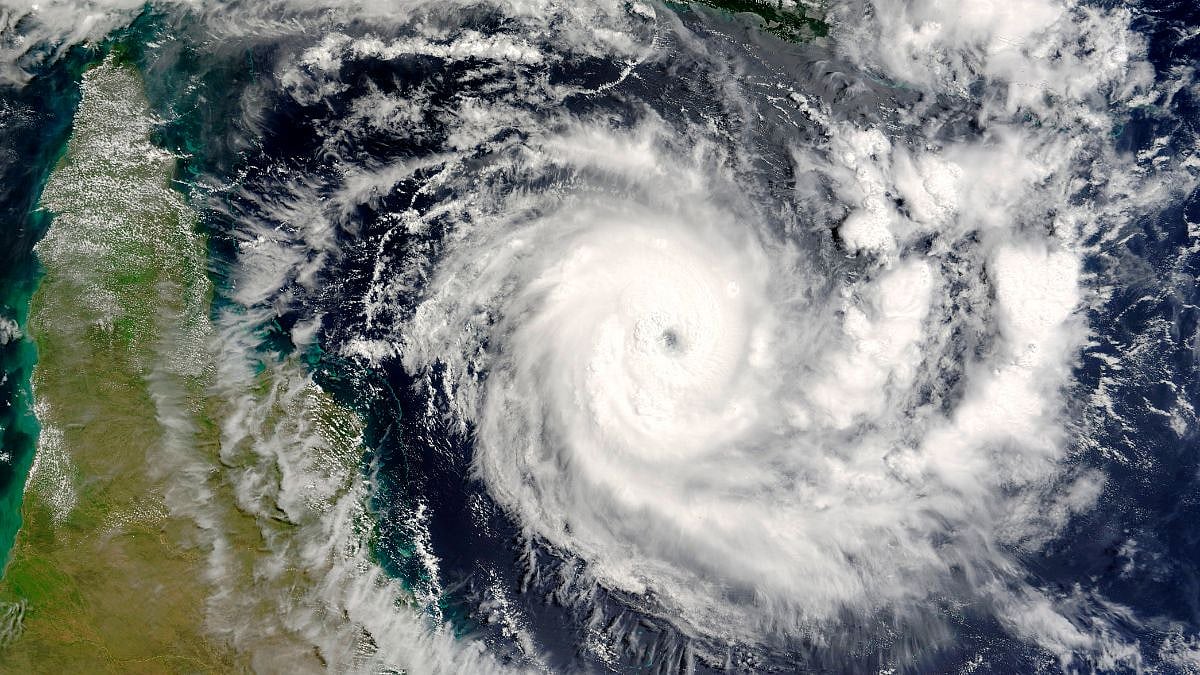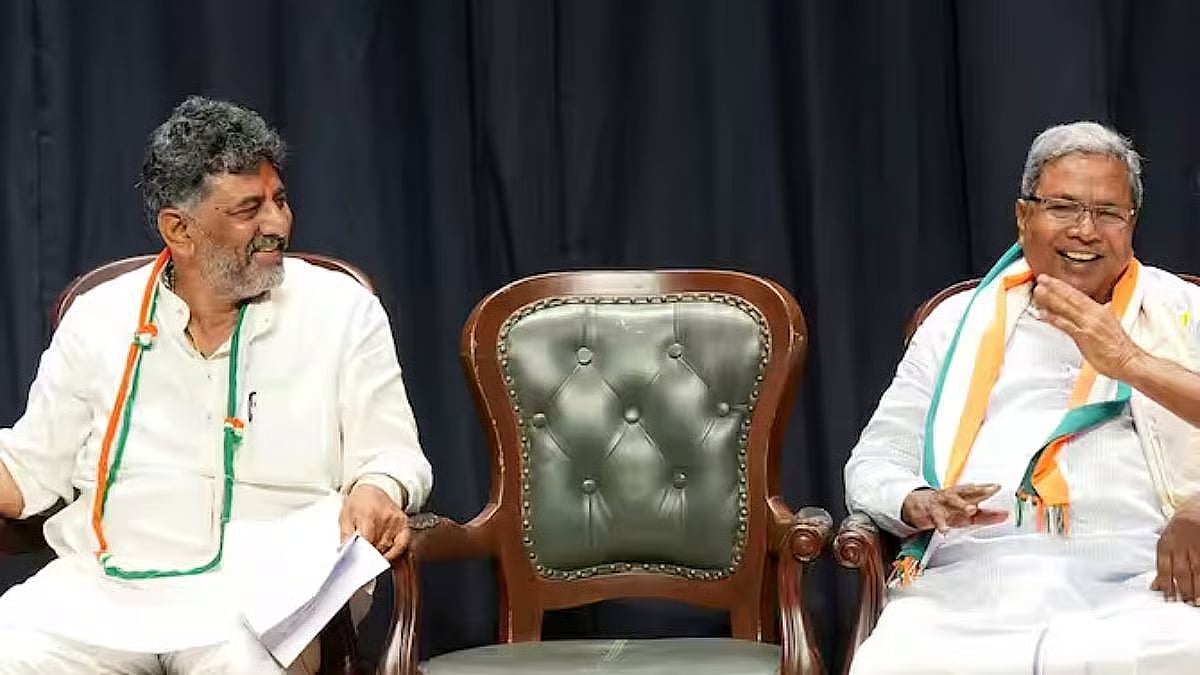A committee led by former president Ram Nath Kovind has been established by the government to investigate the feasibility of implementing "one nation, one election." This development occurred on Friday, following the government's announcement of a special session of Parliament scheduled between September 18 and 22, with the specific agenda being kept confidential.
What is 'one nation, one election'?
The "One Nation, One Election" concept in India seeks to synchronise the elections for both the Lok Sabha (the lower house of India's Parliament) and all state assemblies. The objective is to conduct these elections concurrently, either on a single day or within a designated timeframe.
Over time, Prime Minister Narendra Modi has consistently advocated for the concept of synchronised Lok Sabha and state assembly elections. The choice to assign this responsibility to Kovind emphasises the government's commitment as multiple elections draw near.
Here's an old video of PM Modi stressing the need of 'One Nation, One Election':
Assembly elections are scheduled to take place in five states in November-December, followed by the Lok Sabha elections in May-June of the following year. Nevertheless, the recent actions taken by the government have raised the potential of rescheduling both the general elections and certain state elections that are currently planned to coincide with the Lok Sabha contest.
Benefits of 'one nation, one election'
One of the primary advantages of 'One Nation, One Election' is the reduction in the expenses associated with conducting elections, as each separate election demands substantial financial resources.
Simultaneous elections would alleviate the strain on administrative and security forces, who would otherwise be engaged in election duties multiple times.
According to reports, the implementation of 'One Nation, One Election' would allow the government to concentrate more on governance rather than constantly being in election mode, which often obstructs policy implementation.
Simultaneous elections, as suggested by the Law Commission, are expected to boost voter turnout since it would be more convenient for people to cast multiple ballots at once.
Drawbacks of 'one nation, one election'
The implementation of 'One Nation, One Election' would necessitate amendments to the Constitution and other legal frameworks. This concept would require a constitutional amendment followed by approval from state assemblies. It's not an entirely novel idea; it was attempted four times in the 1950s and 60s. However, it's worth noting that India had fewer states and a smaller voting population during those attempts, as reported by ANI.
Furthermore, there is a concern that national issues could overshadow regional concerns, potentially influencing the electoral outcomes at the state level.
Achieving consensus among all political parties presents a significant challenge, given that opposition parties have expressed their objections to 'One Nation One Election.'
How would the implementation of the 'One Nation, One Election' concept unfold if it were to take place this year?
Following the establishment of a committee by the Centre and the announcement of a special parliamentary session, there is growing speculation that the Modi government may introduce legislation to hold both assembly polls and Lok Sabha elections simultaneously by the end of this year. This ambitious undertaking not only necessitates constitutional amendments but also requires approval from the states slated to hold elections this year and the following year.
In November-December of this year, assembly polls are scheduled in five states: Mizoram, Madhya Pradesh, Chhattisgarh, Telangana, and Rajasthan. These will be followed by the Lok Sabha elections in May-June of the following year. Additionally, Andhra Pradesh, Odisha, Sikkim, and Arunachal Pradesh are set to conduct assembly elections concurrently with the Lok Sabha polls. After the culmination of the Lok Sabha elections, Haryana, Maharashtra, and Jharkhand are slated to hold elections in the latter half of 2024.
It's worth noting that the BJP holds power in Madhya Pradesh, Arunachal Pradesh, Haryana, and Maharashtra, while being in alliance with governments in Mizoram and Sikkim. The remaining states are governed by opposition parties.
However, the successful implementation of the 'One Nation, One Election' concept hinges on obtaining approval from opposition-ruled states, a prospect currently appearing unlikely. Opposition parties such as the Congress, which recently secured victory in the Karnataka polls, are likely to vehemently oppose this move.










